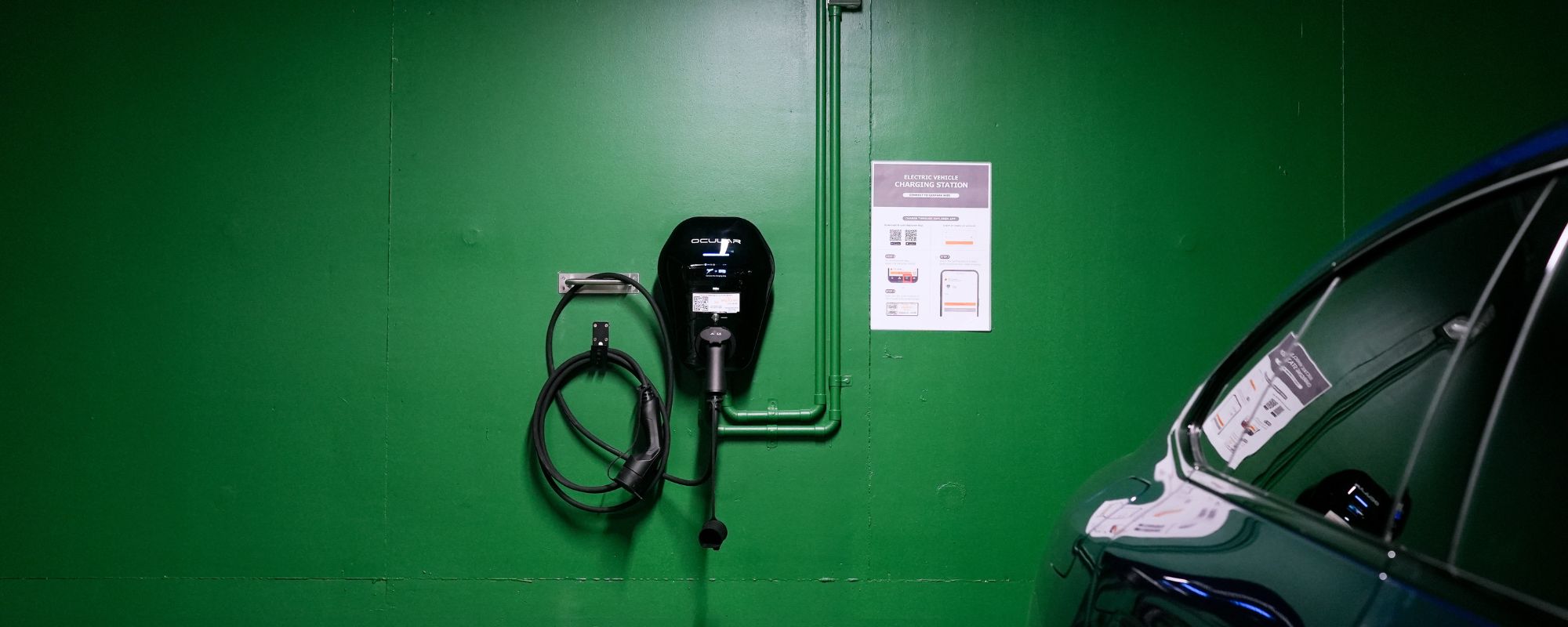EV Charging and Real Estate: How Property Value Is Affected by EV Infrastructure

With electric vehicle (EV) adoption rising rapidly across Australia, EV charging infrastructure is becoming more than just a convenience, it’s a property asset. From residential homes to commercial developments, the presence of EV charging points is increasingly influencing property value and buyer appeal.
Let’s explore how EV charging is shaping the real estate market in 2025 and what property owners, investors, and developers need to know.
Why EV Infrastructure Matters in Real Estate
As more Australians make the switch to electric vehicles, the demand for homes and commercial buildings with charging capabilities is growing. A property with a pre-installed EV charger not only appeals to eco-conscious buyers but also presents long-term energy savings and convenience.
According to the Electric Vehicle Council, EV sales in Australia have tripled since 2021. With this upward trend, buyers are actively seeking properties that are “EV-ready” and many are willing to pay a premium for it.
Boosting Residential Property Appeal
For homeowners, installing a wall-mounted charger like the Ocular LTE or a solar-compatible option such as the Ocular IQ Home Solar adds real, tangible value. It positions the home as modern, energy-efficient, and future-proof. In areas like Melbourne and Sydney, where EV adoption is particularly strong, this can be a key differentiator in a competitive property market.
EV Charging in Multi-Unit Developments
Developers and strata managers are increasingly integrating EV charging stations in apartment complexes and commercial buildings. Solutions like KWIK with Adaptable Tails offer flexible deployment, allowing tenants to charge from any powered socket using lightweight portable charger. For a more powerful and permanent solution, shared EV charging bays or dedicated chargers in individual parking spots can be installed to ensure future scalability as EV adoption continues to rise.
Commercial Properties and Tenant Demand
In the commercial space, offering EV charging is becoming a requirement rather than an option. Businesses that provide EV chargers for employees and customers, especially high-speed options like the Ocular Titan 60kW DC Charger, are perceived as forward-thinking and environmentally responsible. This can enhance tenant retention and attract sustainability-focused organisations.
Government Incentives and Standards
Local councils and state governments are introducing policies that encourage EV-ready buildings. In Victoria and New South Wales, some councils now require EV charger provision in new residential developments. You can review the evolving regulatory framework on sites like dcceew.gov.au and ARENA.
Final Thoughts
As Australia’s EV future unfolds, EV charging infrastructure is becoming a key consideration in real estate valuation. Whether you’re a homeowner looking to improve your property’s market appeal or a developer planning a new project, EVSE Australia offers tailored charging solutions to future-proof your property and meet growing demand.
Explore our range of EV chargers or contact us to learn how we can help you make your property EV-ready.


